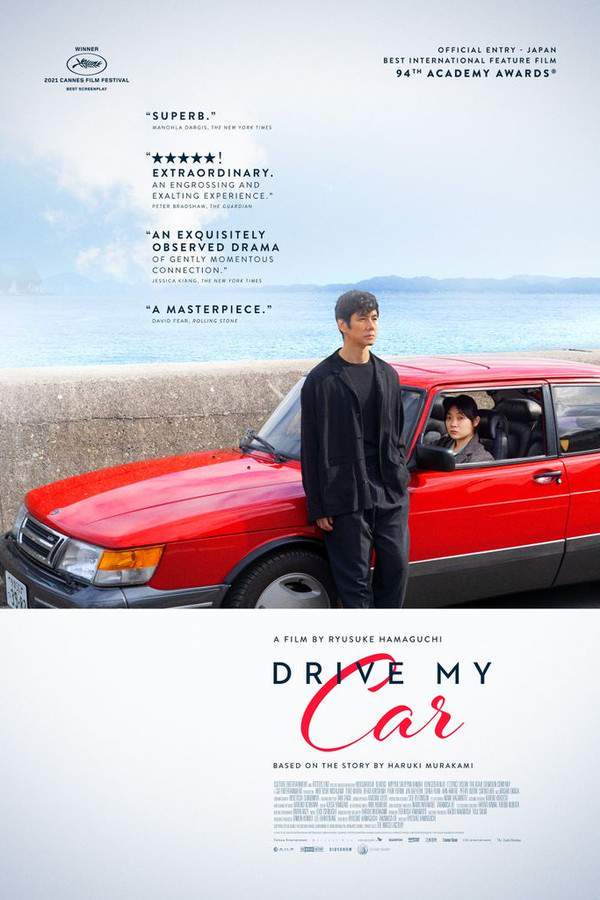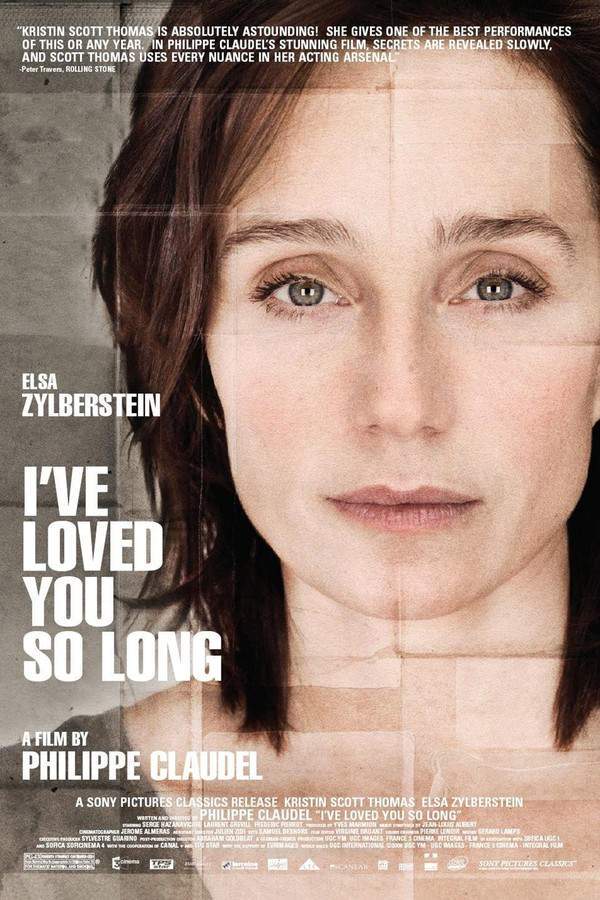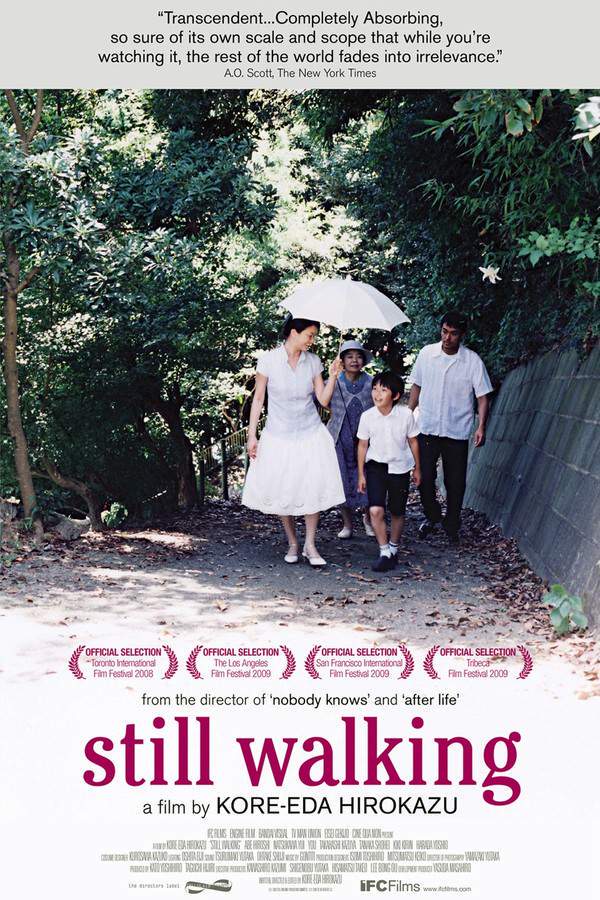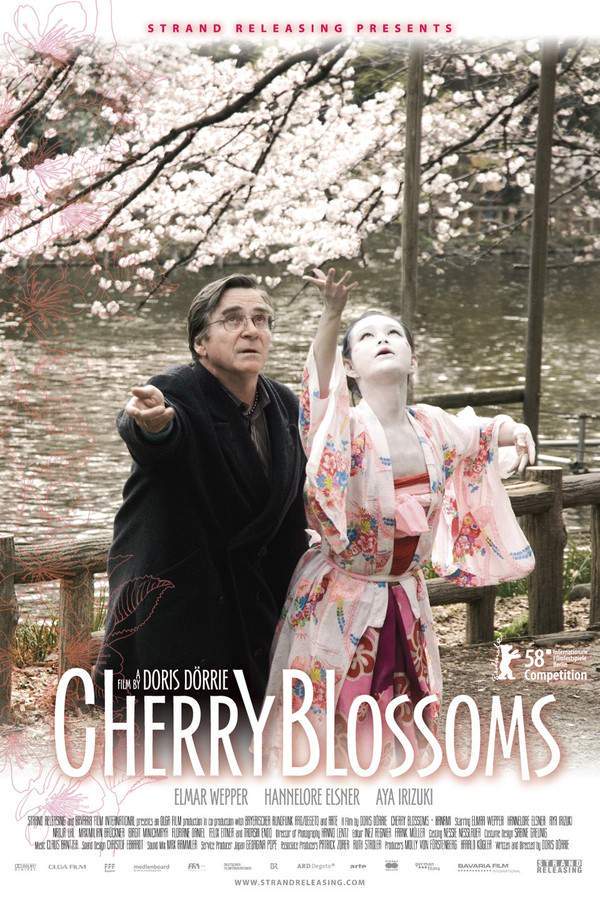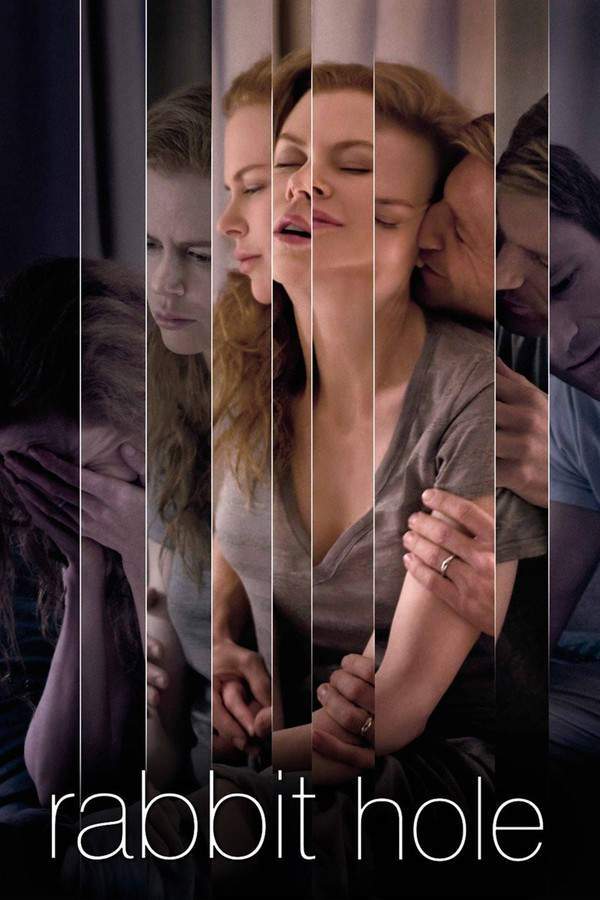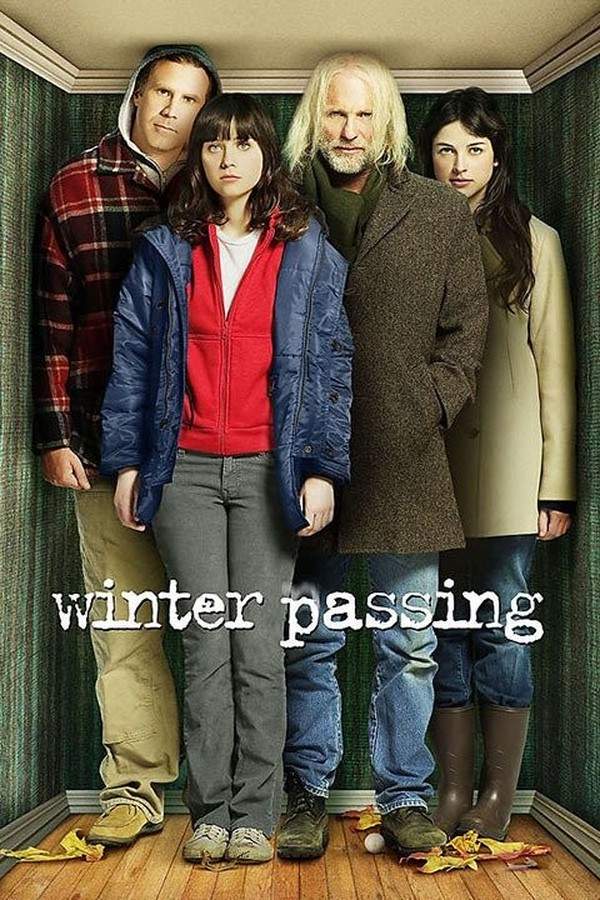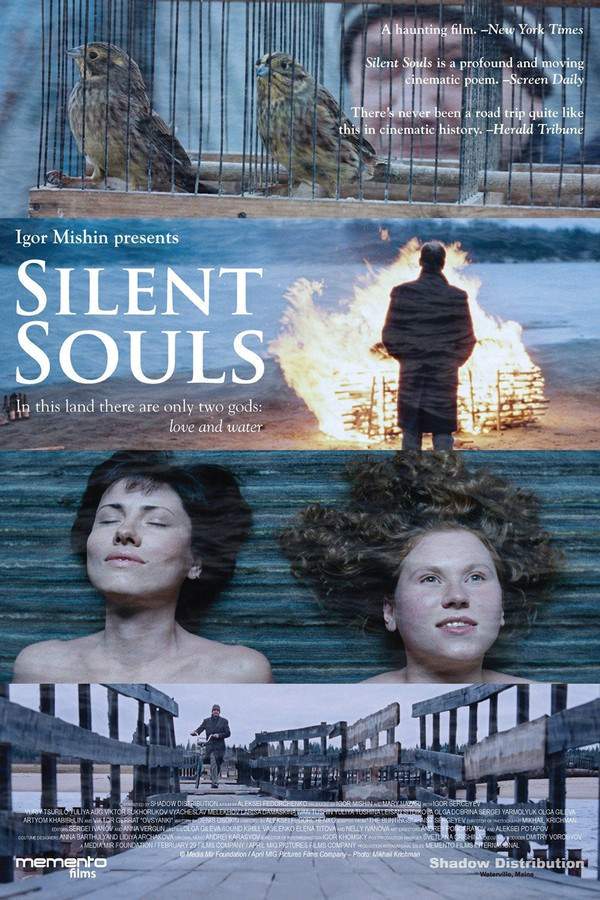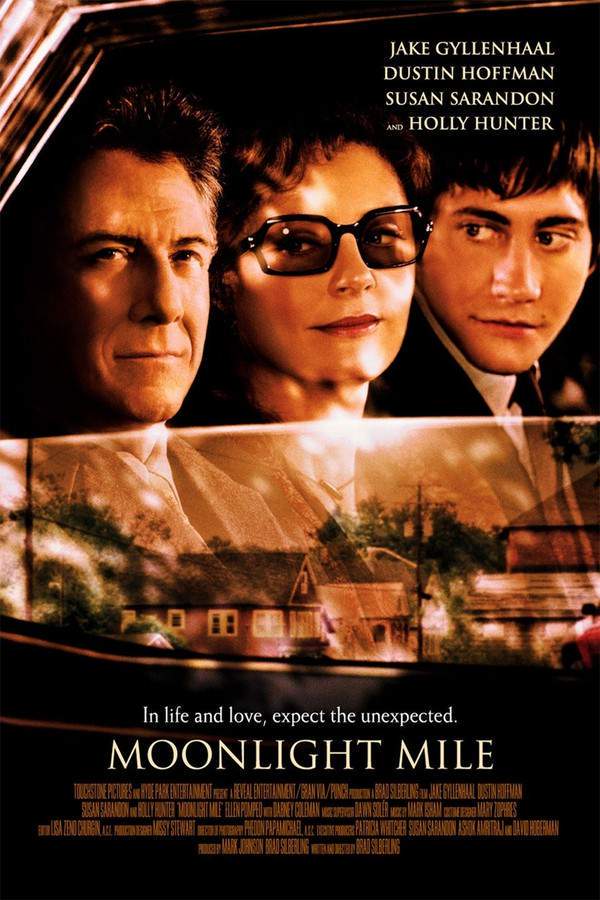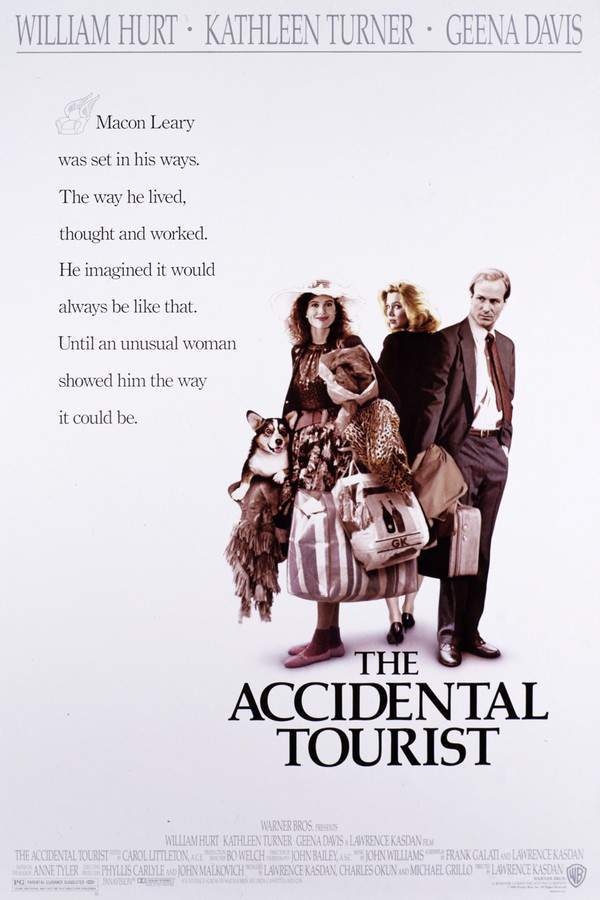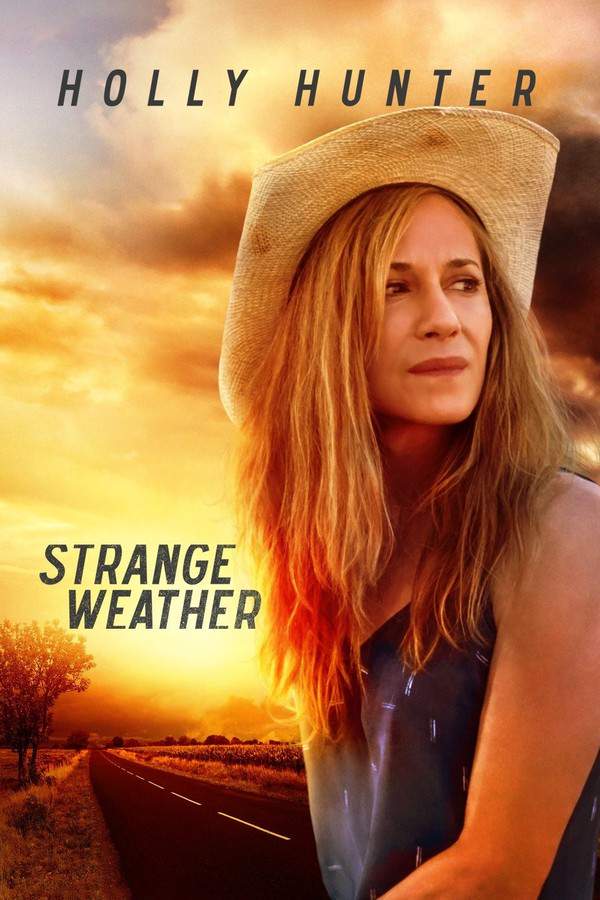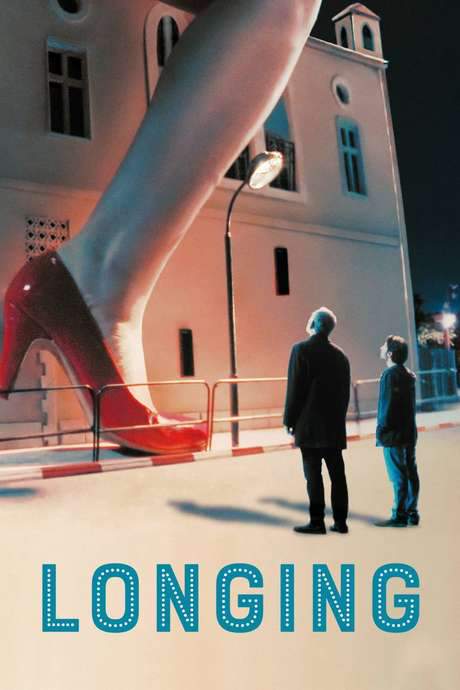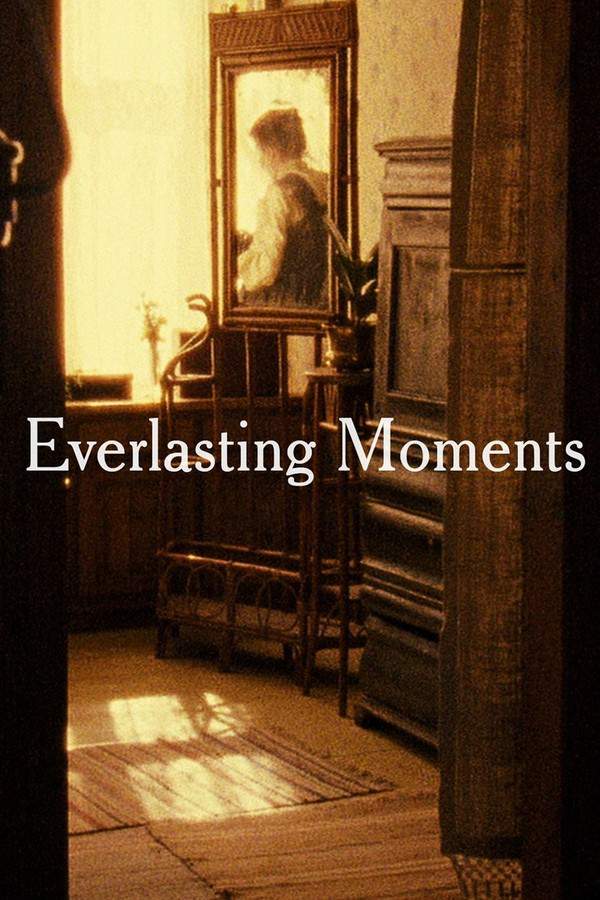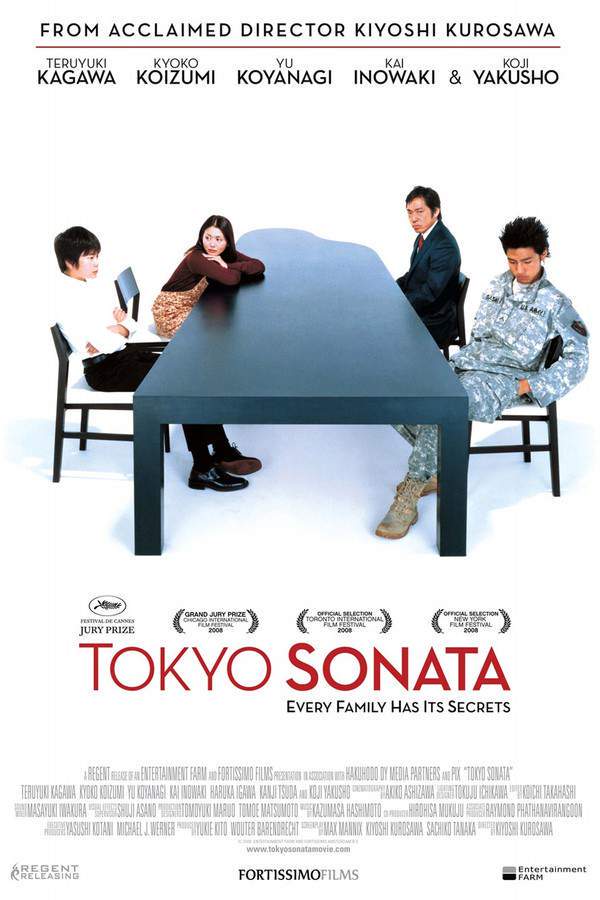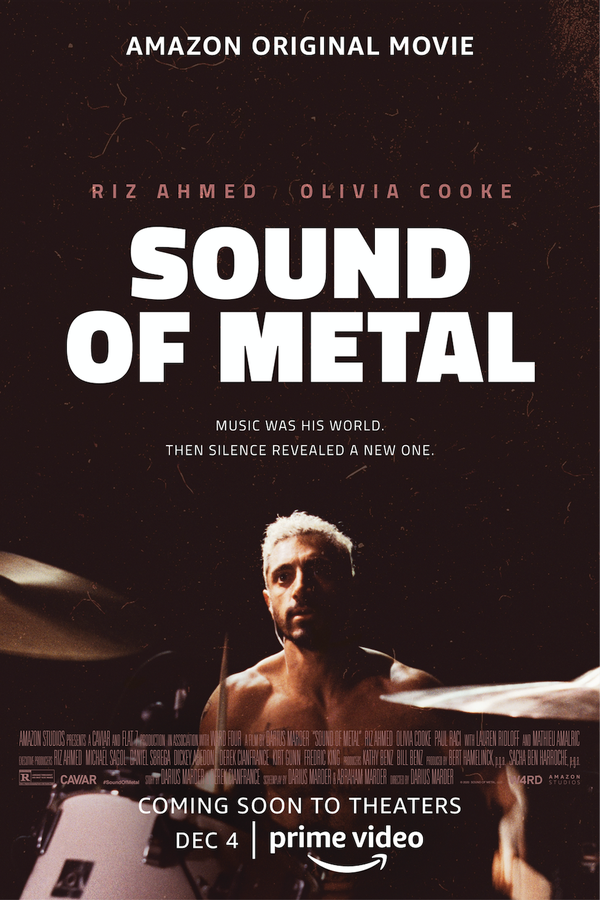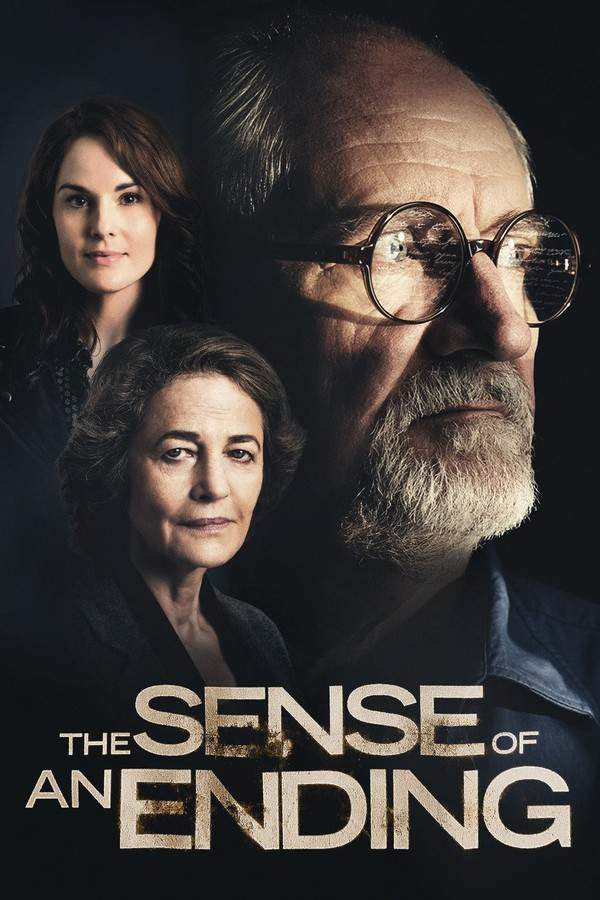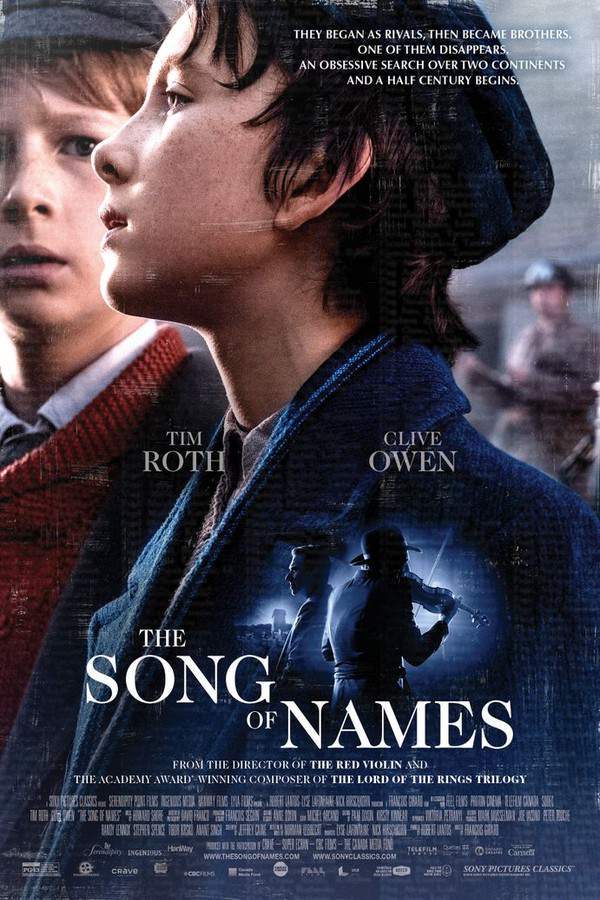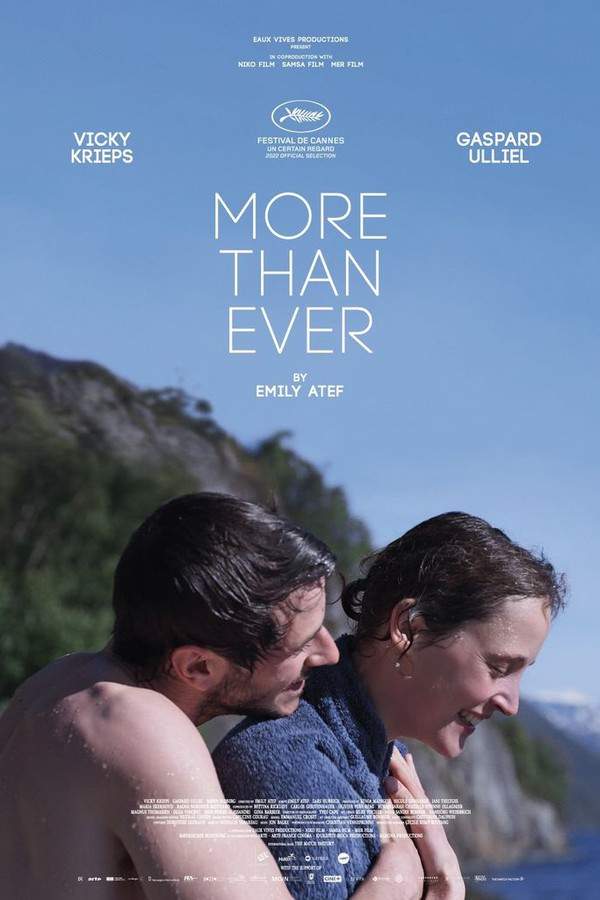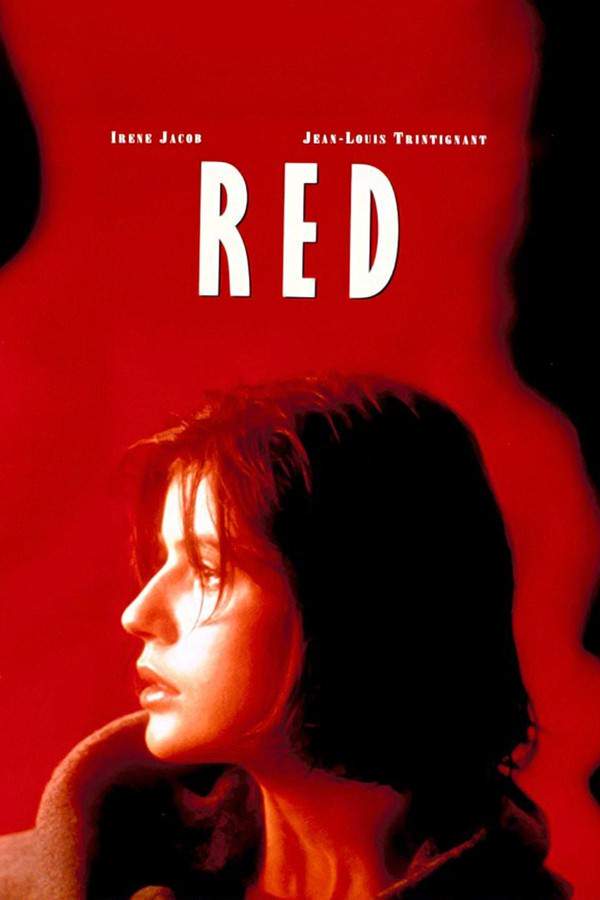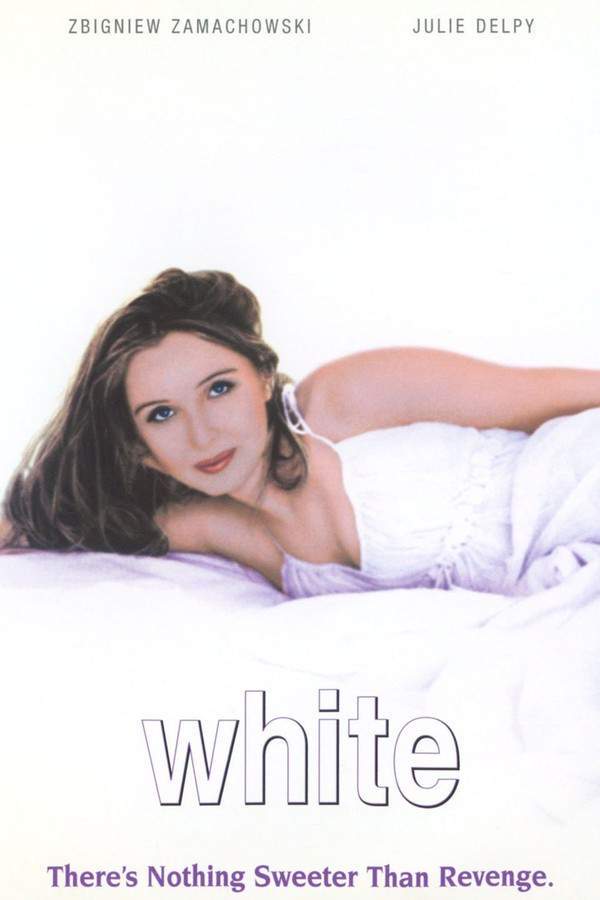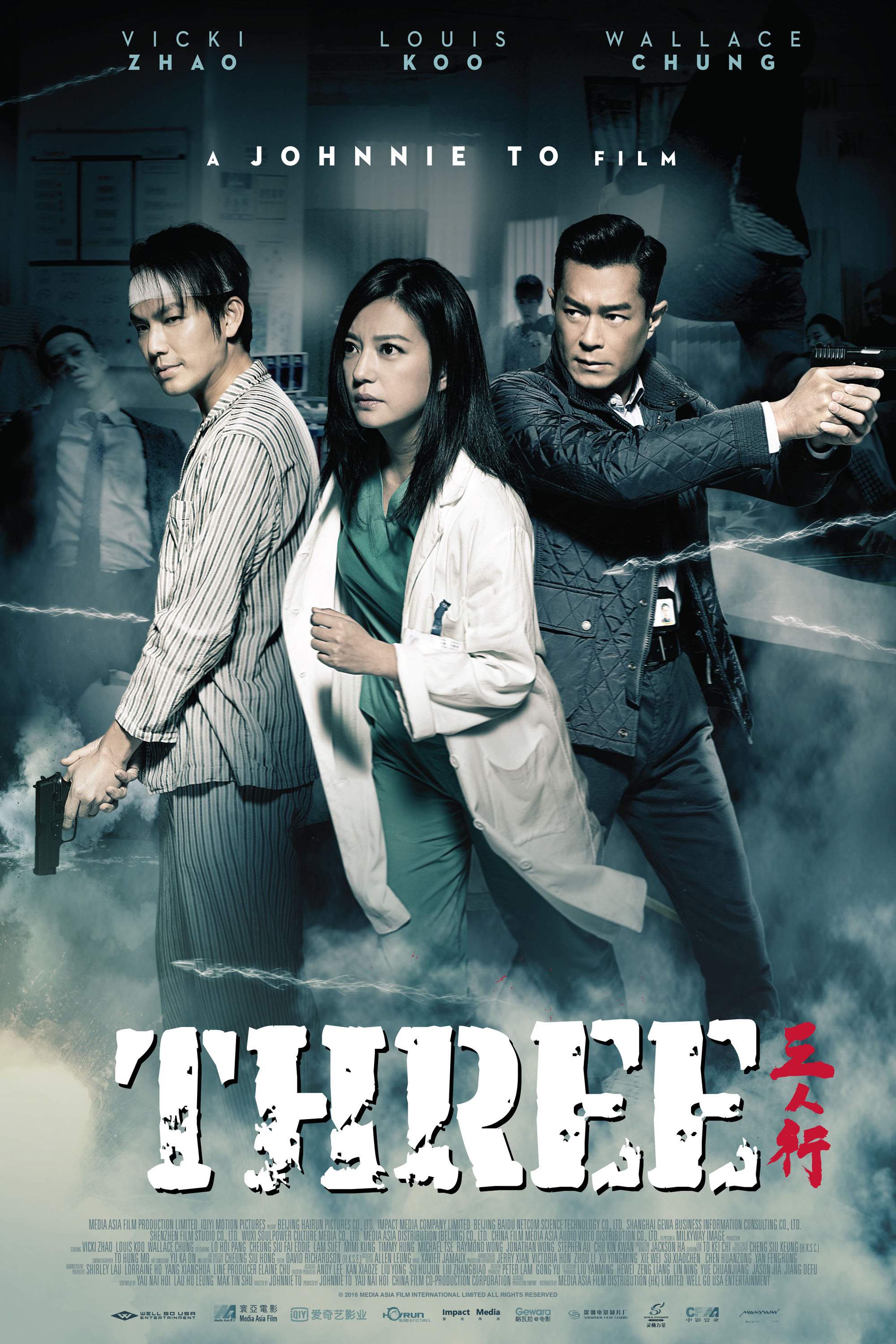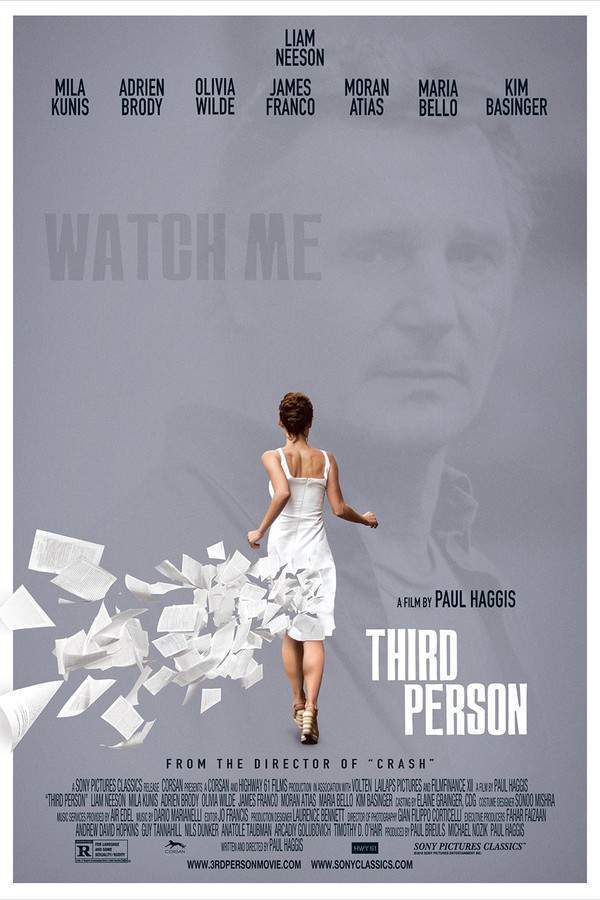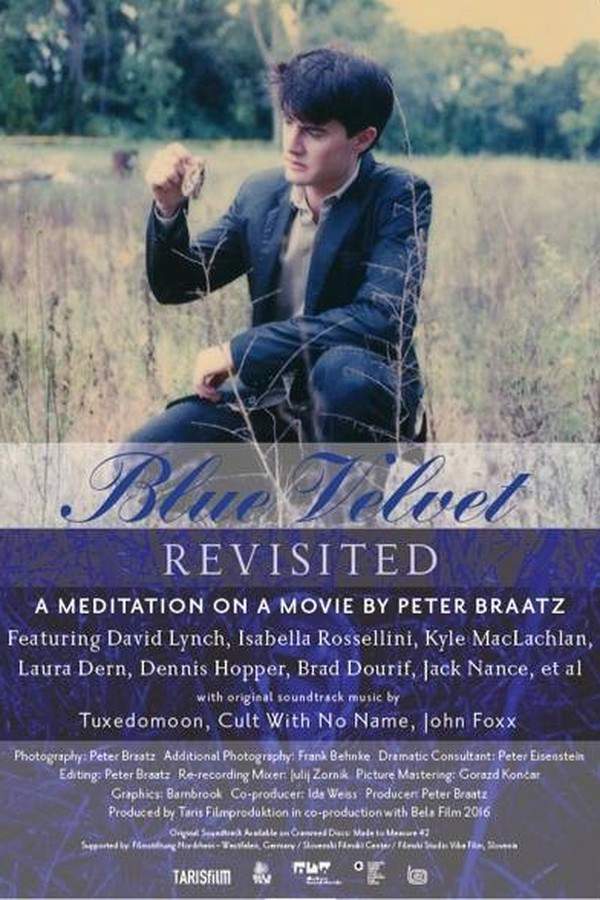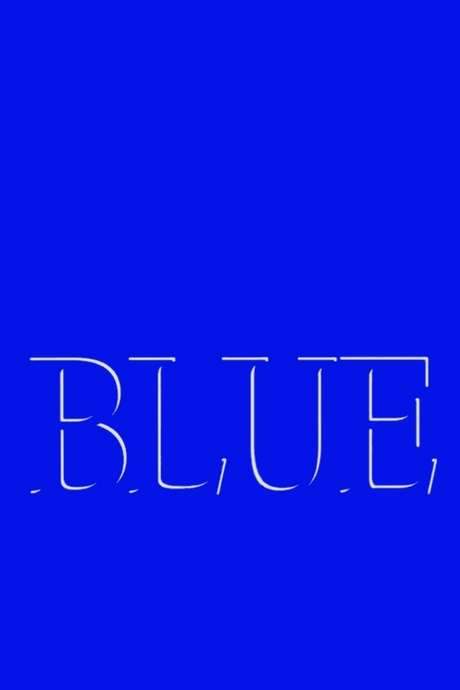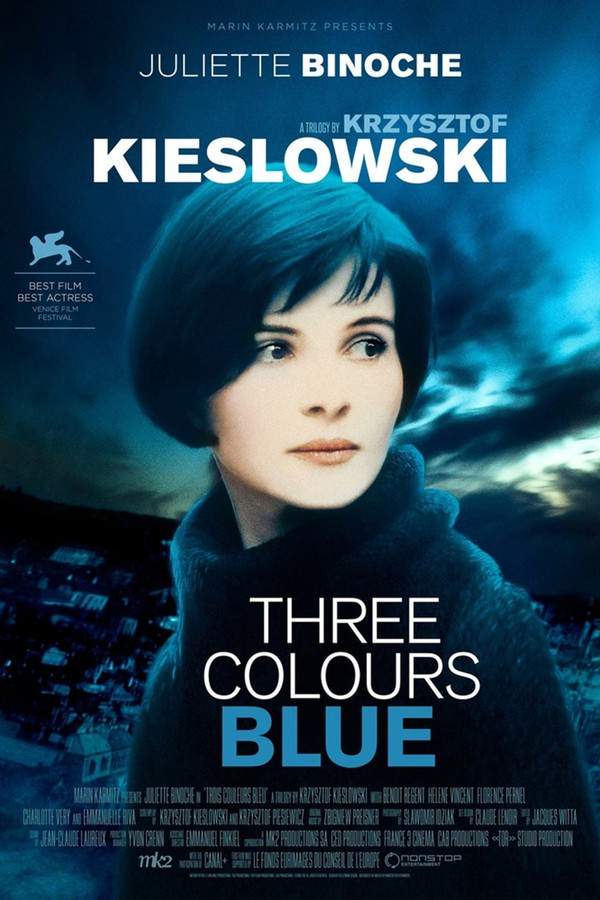
Three Colors: Blue
Year: 1993
Runtime: 98 min
Language: French
Director: Krzysztof Kieslowski
Following a tragic accident that claims the lives of her husband and daughter, successful composer Julie experiences profound grief and isolation. She attempts to distance herself from her past and the memories of her family, severing all ties and seeking solace in a new life. This first film in the Three Colors trilogy explores themes of mourning, freedom, and the search for meaning as Julie confronts her pain and slowly begins to rebuild her existence, set against a striking visual style and a memorable musical score.
Warning: spoilers below!
Haven’t seen Three Colors: Blue yet? This summary contains major spoilers. Bookmark the page, watch the movie, and come back for the full breakdown. If you're ready, scroll on and relive the story!
Three Colors: Blue (1993) – Full Plot Summary & Ending Explained
Read the complete plot breakdown of Three Colors: Blue (1993), including all key story events, major twists, and the ending explained in detail. Discover what really happened—and what it all means.
Julie, the wife of renowned French composer Patrice de Courcy, faces an unimaginable tragedy when she loses her husband and young daughter in a catastrophic car accident, leaving her as the sole survivor. While she is recuperating in the hospital, she contemplates taking her life by overdosing on pills, but the attempt fails as she cannot bring herself to swallow them. Once discharged, she attempts to erase the remnants of her past, believed to have played a vital role in her husband’s celebrated compositions. In a bold act of defiance, she destroys what is left of his works and reaches out to Olivier, a long-time collaborator of her husband who held an unrequited admiration for her. Their brief encounter leads to an intimate night together, but Julie soon bids him goodbye.
Determined to sever ties with her former life, Julie clears out the family home and puts it up for sale, relocating to a quaint apartment in Paris close to Rue Mouffetard without notifying anyone of her whereabouts. The sole reminder of her daughter is a delicate mobile made of blue beads, which she clings to as her only link to the past.
As she attempts to lead a life of obscurity, now distanced from old friendships and family connections — including a mother suffering from Alzheimer’s who no longer recognizes her — Julie confronts her past. She takes the decisive step of reclaiming and ultimately obliterating the unfinished score of her husband’s last commissioned piece, which was intended to herald European unity in the wake of the Cold War, yet fragments of its melody linger in her mind, haunting her daily.
Despite her efforts to maintain a low profile, her past inevitably resurfaces. A young boy, witness to the tragic accident, hands her a cross necklace discovered at the crash site, inquiring about her husband’s last words. Strangely, his final utterances turned out to be the punchline of an off-color joke he was sharing with the family. Julie chooses to let the boy keep the necklace, symbolizing her slow acceptance of her reality.
Unwillingly, she strikes up a friendship with Lucille, an exotic dancer embroiled in a scandalous affair with a neighbor. Committed as much to supporting each other through the loneliness surrounding them, their bond strengthens. However, their lives intertwine more significantly when Julie spots Olivier on a television interview, revealing that he has retained a copy of her husband’s European composition and aspires to complete it himself. Julie’s emotions swell as she comes across a photograph of Patrice with another woman.
The plot thickens when she confronts Olivier about the unfinished piece and the identity of the woman seen with Patrice. In her quest for the truth, she locates Sandrine, a lawyer and Patrice’s mistress, only to learn that Sandrine is pregnant with her husband’s child. In a surprising act of grace, Julie facilitates Sandrine’s acquisition of the family home and ensures that her husband’s paternity of the child is recognized.
With her pain transmuted into purpose, Julie resumes working on the European composition alongside Olivier. Together, they finalize the piece, with Olivier adamantly insisting that Julie receives credit for her contribution. When she finally reaches out to him again to inquire about his feelings for her, his affirmation prompts a meeting that could alter the course of her healing.
The conclusion of their collaboration is marked by the performance of part of the Unity of Europe piece, featuring a choir alongside a soprano singing in Greek, the lyrics praising the divine love articulated in Saint Paul’s first letter to the Corinthians. In a cascade of emotions, Julie witnesses the ripple effect her choices have had on others, evoking tears that transform into a burgeoning smile, signifying not just acceptance but also the resurgence of hope in her life.
Last Updated: November 16, 2024 at 18:43
Explore Movie Threads
Discover curated groups of movies connected by mood, themes, and story style. Browse collections built around emotion, atmosphere, and narrative focus to easily find films that match what you feel like watching right now.
Movies about quiet grief and recovery like Three Colors: Blue
Stories of profound loss leading to a slow, introspective recovery.If you appreciated the meditative exploration of loss in Three Colors: Blue, this collection features similar movies about grief and trauma recovery. These stories share a slow, melancholic pace, heavy emotional weight, and a focus on the subtle, internal journey back to life after a devastating event.
Narrative Summary
Narratives in this thread often begin with a defining tragedy that shatters the protagonist's world. The plot then follows a non-heroic, deeply personal journey of avoidance, confrontation, and eventual, fragile acceptance. The conflict is primarily internal, with external events serving as catalysts for emotional progress rather than driving a complex plot.
Why These Movies?
These films are grouped by their shared commitment to portraying grief authentically, avoiding melodrama for a more contemplative and somber tone. They prioritize mood and character interiority over fast-paced plotting, creating a cohesive viewing experience for those seeking thoughtful, emotionally resonant stories about healing.
Movies about artists and existential crisis like Three Colors: Blue
Where personal trauma and the creative process become deeply intertwined.For viewers who loved the blend of music, memory, and melancholy in Three Colors: Blue, this section highlights similar movies about artists grappling with trauma. These films often feature a striking aesthetic, a slow pace, and explore how creative work is shaped by profound personal loss and isolation.
Narrative Summary
The narrative pattern involves an artist who retreats from their work and life due to a crisis. Their journey back to creativity is synonymous with their emotional healing, often involving unfinished work from their past and new relationships that challenge their isolation. The resolution is typically bittersweet, with art serving as a testament to both pain and survival.
Why These Movies?
These movies share a specific focus on the creative mind under duress. They are united by a melancholic tone, a methodical pace that allows for immersion in the artistic process, and themes of memory, collaboration, and the search for meaning through creation after trauma.
Unlock the Full Story of Three Colors: Blue
Don't stop at just watching — explore Three Colors: Blue in full detail. From the complete plot summary and scene-by-scene timeline to character breakdowns, thematic analysis, and a deep dive into the ending — every page helps you truly understand what Three Colors: Blue is all about. Plus, discover what's next after the movie.
Three Colors: Blue Timeline
Track the full timeline of Three Colors: Blue with every major event arranged chronologically. Perfect for decoding non-linear storytelling, flashbacks, or parallel narratives with a clear scene-by-scene breakdown.

Characters, Settings & Themes in Three Colors: Blue
Discover the characters, locations, and core themes that shape Three Colors: Blue. Get insights into symbolic elements, setting significance, and deeper narrative meaning — ideal for thematic analysis and movie breakdowns.

Three Colors: Blue Spoiler-Free Summary
Get a quick, spoiler-free overview of Three Colors: Blue that covers the main plot points and key details without revealing any major twists or spoilers. Perfect for those who want to know what to expect before diving in.

More About Three Colors: Blue
Visit What's After the Movie to explore more about Three Colors: Blue: box office results, cast and crew info, production details, post-credit scenes, and external links — all in one place for movie fans and researchers.

Similar Movies to Three Colors: Blue
Discover movies like Three Colors: Blue that share similar genres, themes, and storytelling elements. Whether you’re drawn to the atmosphere, character arcs, or plot structure, these curated recommendations will help you explore more films you’ll love.
Explore More About Movie Three Colors: Blue
Three Colors: Blue (1993) Scene-by-Scene Movie Timeline
Three Colors: Blue (1993) Movie Characters, Themes & Settings
Three Colors: Blue (1993) Spoiler-Free Summary & Key Flow
Movies Like Three Colors: Blue – Similar Titles You’ll Enjoy
Three Colors: Red (1994) Full Movie Breakdown
Three Colors: White (1994) Full Movie Breakdown
Three (2016) Film Overview & Timeline
Goodbye to Language 3D (2014) Spoiler-Packed Plot Recap
Third Person (2014) Spoiler-Packed Plot Recap
Blue Velvet (1986) Detailed Story Recap
The Blue Note (1991) Complete Plot Breakdown
Strangulation Blues (1980) Movie Recap & Themes
Blue Black Permanent (1992) Film Overview & Timeline
The Woman in Blue (1973) Plot Summary & Ending Explained
The Blue Veil (1951) Ending Explained & Film Insights
Blue (1993) Story Summary & Characters
3 Women (1977) Full Summary & Key Details
Miroirs No. 3 (2025) Complete Plot Breakdown
The Blue Veil (1942) Plot Summary & Ending Explained

